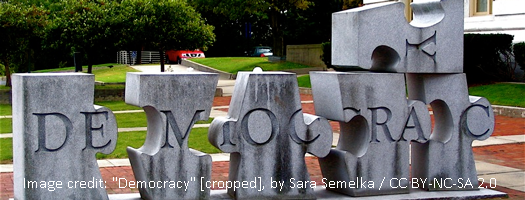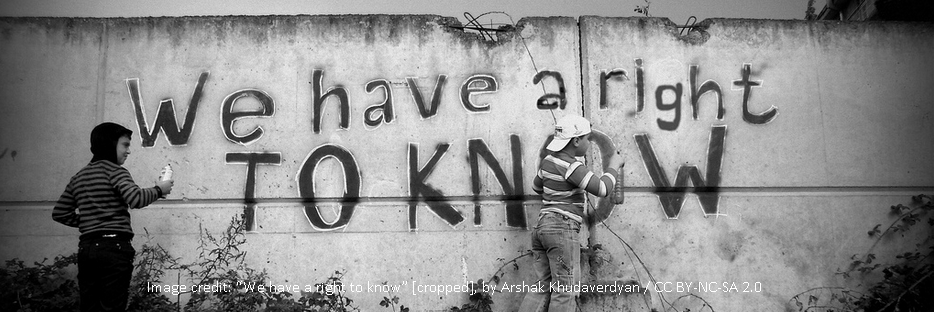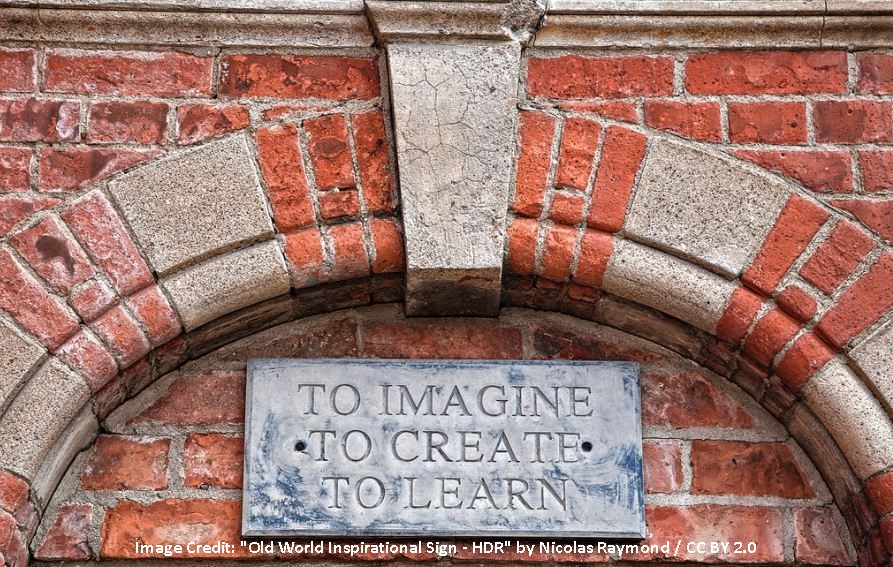Why Universal and Life-Long Higher Education is the Next Step in Advancing the Social Contract
Why Universal and Life-Long Higher Education is the Next Step in Advancing the Social Contract Patrick Blessinger St. John's University (NYC) and International HETL Association Nearly a century after John Dewey published the landmark book Democracy and Education, the principles of learning he espoused for democratic societies are applicable to higher education. He saw education as the primary vehicle through which democracies develop socially responsible citizens, equipped with the knowledge, skills, and values to become full participants in the economy and democratic social order. By now it is clear that, in an increasingly complex and risk-filled world, all citizens require increasingly prolonged periods of learning beyond basic schooling. Higher education for all becomes a gateway to lifetimes of learning. The Rapid Transformation of Higher Education For most of its 800 year history, higher education has progressed at an evolutionary pace, but changes have come at a faster pace in the past [...]




